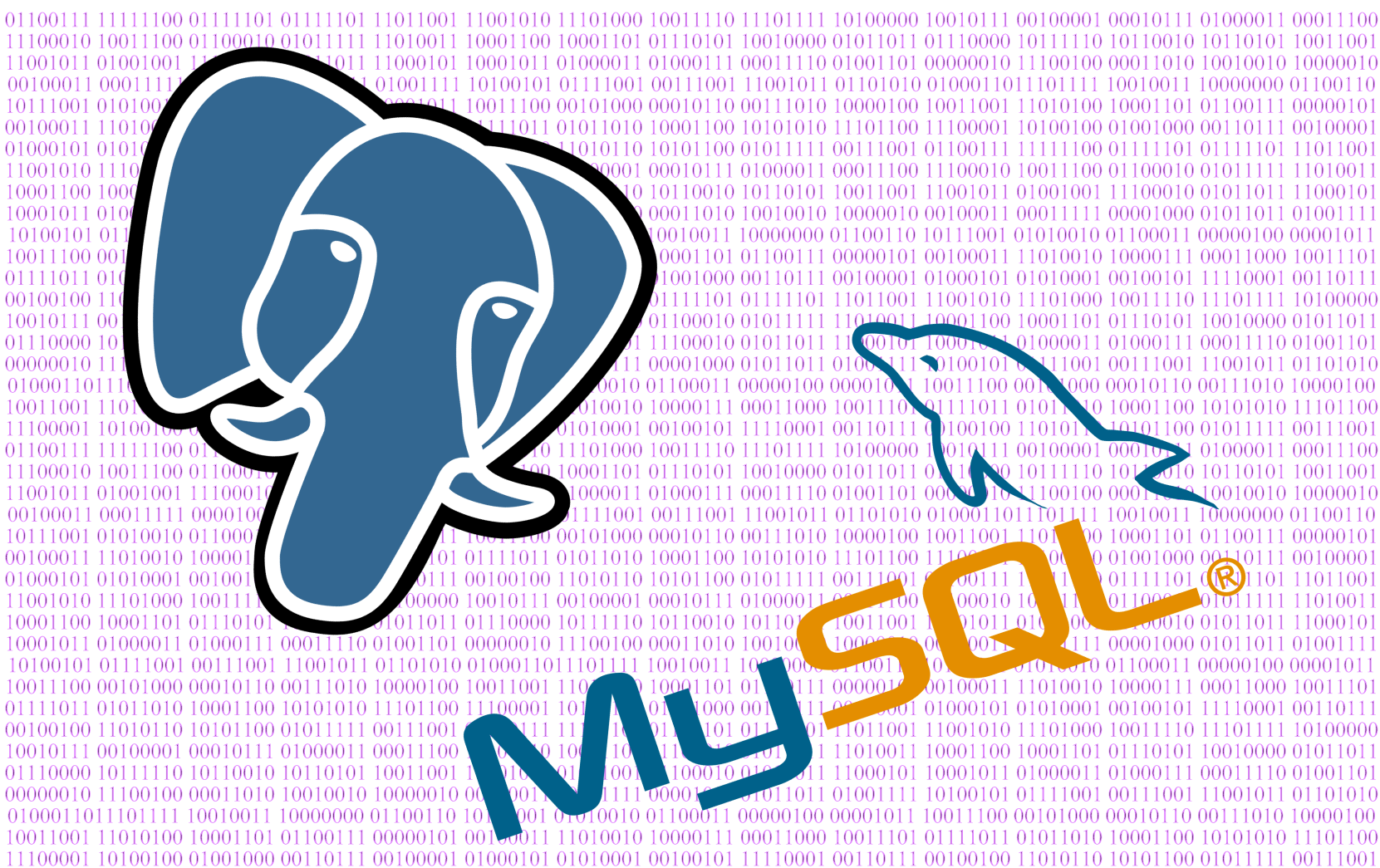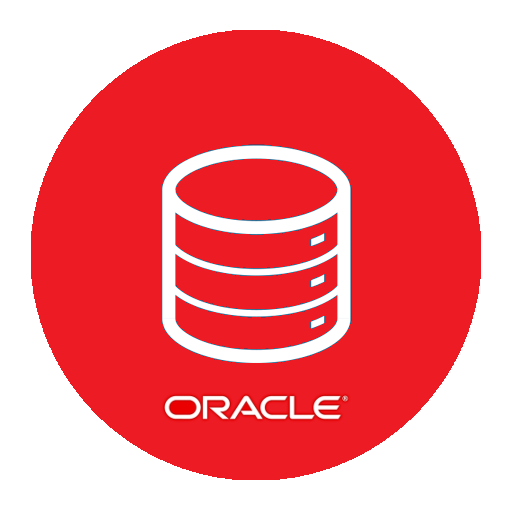Who has the better SQL database, MySQL or PostgreSQL?


MySQL and PostgreSQL are both popular open-source relational database management systems. They are both widely used and have a number of similar features, such as the ability to store and manage data in tables, indexes, and other structures.
One of the main differences between the two is that MySQL is generally considered to be more focused on performance and speed, while PostgreSQL is known for its more advanced features and support for a wider range of data types. For example, PostgreSQL supports more data types out of the box, such as JSON and XML, and it also has more robust support for transaction management and concurrency control.
Another key difference is that MySQL is owned and maintained by Oracle Corporation, while PostgreSQL is developed and maintained by a global community of volunteers. This can affect the level of support and resources available for each database, as well as the overall direction of development.
Overall, the choice between MySQL and PostgreSQL will depend on your specific needs and requirements. If you need a high-performance database that can handle a large number of concurrent queries, MySQL might be a good choice. If you need more advanced features and data types, or if you value the support of a global open-source community, then PostgreSQL might be a better option.

MySQL is generally known for its high performance and ability to handle a large number of concurrent queries. It has a number of features that are specifically designed to improve performance, such as the use of indexes to quickly find and retrieve data from tables, and the ability to cache commonly-used queries in memory to avoid the overhead of repeatedly parsing and executing the same query.
In addition, MySQL supports a variety of storage engines that can be used to manage different types of data and workloads. This allows users to choose the best storage engine for their specific needs, whether that means a high-performance engine for transactional data, or a more specialized engine for full-text search or data warehousing.
Overall, the performance of MySQL will depend on a number of factors, such as the hardware it is running on, the workload and data being managed, and the specific configuration and settings being used. In general, however, MySQL is considered to be a high-performance database that can handle a wide range of use cases and workloads.

PostgreSQL is generally considered to be a high-performance database system, but it is not as focused on performance as MySQL. Instead, PostgreSQL emphasizes advanced features and data types, and is known for its support for a wide range of data types out of the box, including JSON and XML.
PostgreSQL also has more robust support for concurrency control and transaction management, which can make it a better choice for applications that need to ensure data consistency and integrity. However, this added functionality can come at the expense of raw performance, as it can require more overhead and processing to manage.

depending on your specific needs and requirements. Some other popular open-source relational database management systems include MariaDB, SQLite, and Oracle Database.
MariaDB is a fork of MySQL that was created as a community-driven alternative to MySQL after its acquisition by Oracle Corporation. It is designed to be backward-compatible with MySQL, but it also includes additional features and improvements that are not found in MySQL.
SQLite is a lightweight and embedded database system that is widely used in mobile and desktop applications. It is known for its simplicity and ease of use, and it does not require a separate server or process to run, which makes it a good choice for applications that need to store and manage data locally.
Oracle Database is a commercial database system developed and maintained by Oracle Corporation. It is known for its high performance and scalability, and it is widely used in enterprise environments. It offers a number of advanced features and tools for managing and optimizing data, but it also requires a license to use.
Konsultasikan kebutuhan website dan strategi digital Anda bersama tim ahli kami.
Hubungi Kami Sekarang